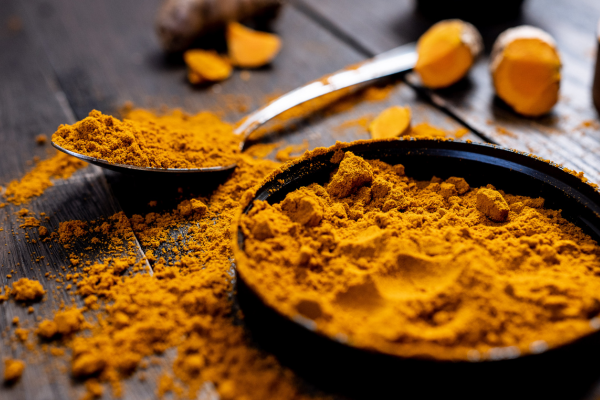Inflammation is a common response to injury or infection, but chronic inflammation can lead to various health issues, including autoimmune diseases, heart disease, and cancer. One key player in the inflammation process is Tumor Necrosis Factor (TNF), a cytokine (a certain protein) involved in systemic inflammation and a part of the immune system response. Interestingly, turmeric, a golden spice commonly found in kitchens, has shown promise in reducing TNF levels and offering a natural approach to managing inflammation.
Understanding TNF and Its Role
Tumor Necrosis Factor (TNF) is a protein produced by white blood cells that plays a crucial role in the body's immune response. While it helps the body fight off infections and tumors, excessive TNF production can lead to chronic inflammatory conditions such as rheumatoid arthritis, psoriasis, and inflammatory bowel disease.
Turmeric: The Golden Spice
Turmeric, scientifically known as Curcuma longa, has been used for centuries in traditional medicine for its anti-inflammatory and antioxidant properties. The primary active compound in turmeric, curcumin, is responsible for these beneficial effects. Curcumin has been extensively studied for its potential to modulate various molecular targets, including TNF.
Turmeric and TNF: What the Studies Say
- Reduction of TNF Levels: Research has shown that curcumin can reduce the levels of TNF in the body. A 2016 study published in Pharmacological Research demonstrated that curcumin decreased TNF levels in patients with inflammatory conditions, suggesting its role in lowering chronic inflammation.
- Anti-inflammatory Properties: Curcumin inhibits the activity of nuclear factor-kappa B (NF-κB), a protein complex that controls the transcription of DNA, cytokine production, and cell survival. By inhibiting NF-κB, curcumin can reduce the production of pro-inflammatory cytokines, including TNF .
- Antimicrobial and Antiviral Effects: Curcumin's ability to reduce TNF levels also contributes to its antimicrobial and antiviral properties. High TNF levels are often associated with infections, and by lowering TNF which causes inflammation, curcumin can help the body better manage and recover from microbial and viral infections such as infections.
How to Incorporate Turmeric into Your Diet
Adding turmeric to your diet is simple and can be done in various ways, try one of 13 Seeds recipes:
Turmeric & Ginger Hot Cocoa: A warm beverage made with turmeric, milk (or a dairy-free alternative) and ginger.
Turmeric Tea: Brewed with turmeric powder, ginger, and lemon for a refreshing and health-boosting drink.
Cooking: Incorporate turmeric into soups, stews, curries, and even smoothies for a nutritional boost.
Turmeric's ability to reduce TNF levels and its anti-inflammatory, antimicrobial, and antiviral properties make it a valuable addition to any health-conscious diet. By incorporating this golden spice into your daily routine, you can take a natural approach to managing inflammation and supporting overall well-being.







